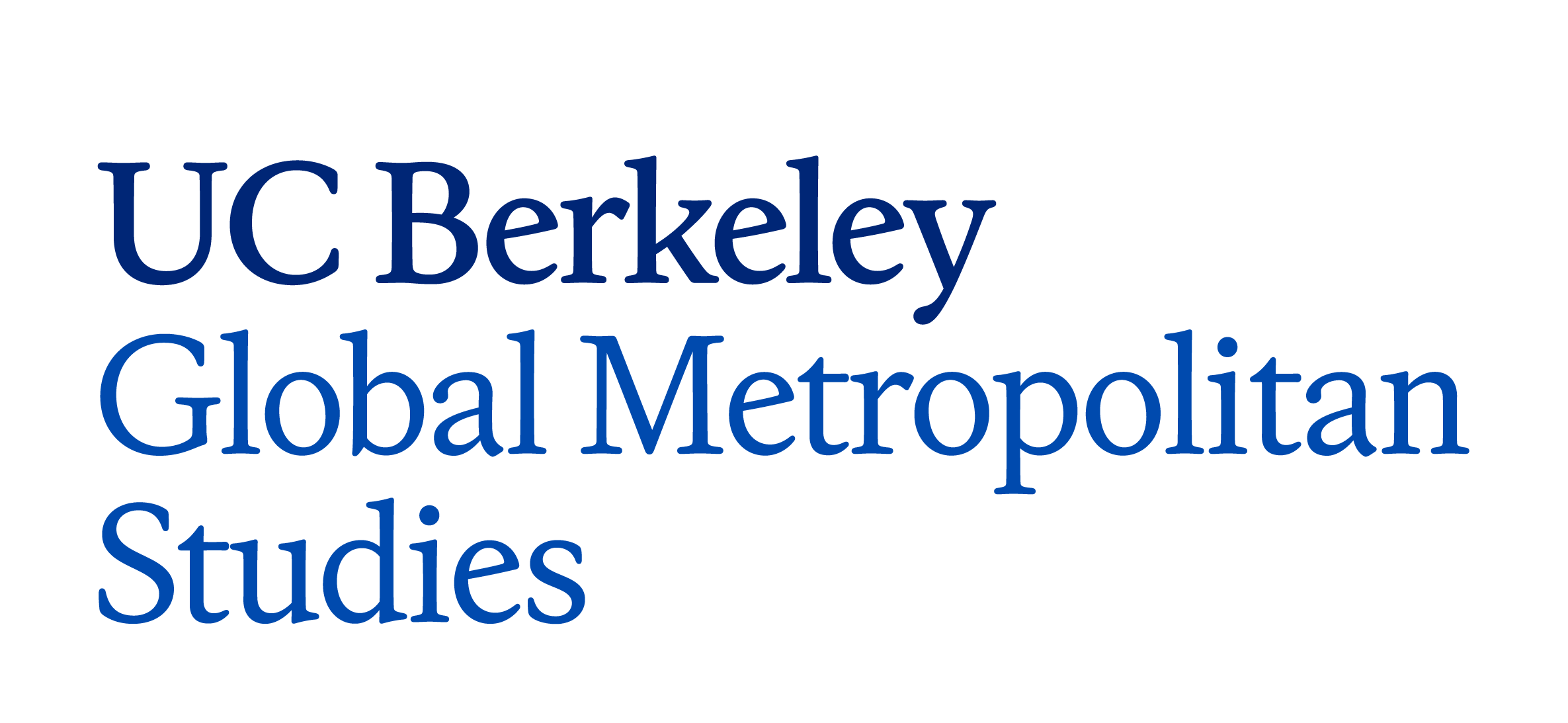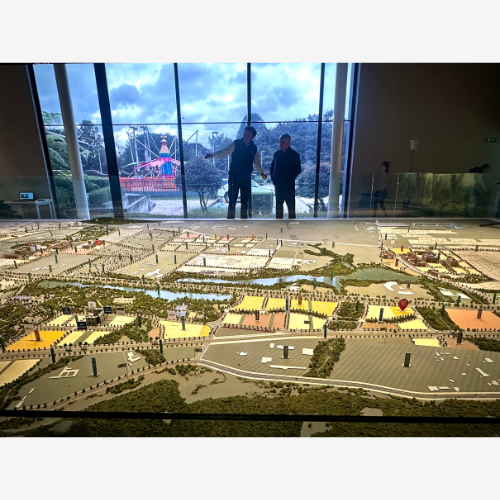Land value capture refers to a series of planning instruments for the recovery by governments of land value incrementsgenerated by actions other than the landowner’s direct investments (Smolka, 2013). In theory, LVC is rooted in thecomplex dynamics of land as a commodity: since it is fixed in supply and in place, the way it accrues value is differentfrom other commodities. Specifically, land value increases as a result of everything that surrounds it, as well as to what itis allowed to be used for; in this way, the value of land is a collective social product, and LVC argues that for this reason, itshould be claimed on behalf of that social collectivity. In other words, despite the technical jargon, LVC has at its heart anambitious claim: the idea that “the public has a moral right to recover socially created values” (Doebele, 1998).
My GMS Summer Grant helped me understand how this theory plays out in the tangible, practical preoccupations of itsimplementation by helping finance part of my field work year in Bogotá. Colombia is unique in its successful application ofLVC: it has one of the longest histories in implementing LVC instruments, and in the region excels among other countriesin how wide-spread and successful their adoption has been (Borrero Ochoa, 2011; Goytia, 2022). It is also “exemplary” inthat, since the 1960s, it has been held up as a model for Latin America and developing countries. Furthermore, LVC inBogotá was a widely debated and politicized topic, involving in its long history development economists, societies ofengineers, leftist politicians and Marxist academics.
During my field work, I engaged in participant observation in the Bogotá District Cadastre, the city agency tasked withimplementing one particularly complex instrument named “Participación en Plusvalías” (roughly translated as“participation in windfall gains). I also undertook archival research in the City Archives, and conducted around 70 semi-structured interviews with planners, government officials, developers, activists, and more. I am now exploring the politicsof the operationalization of government, and understanding the opportunities and limitations in how technical expertise shapes the objects of government as a form of creating and defending “the public”.

